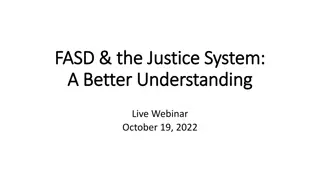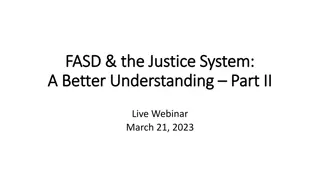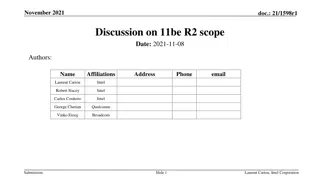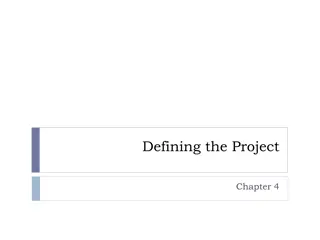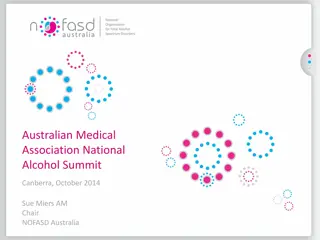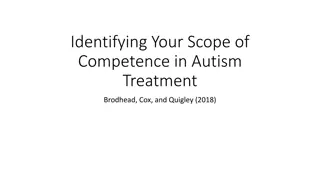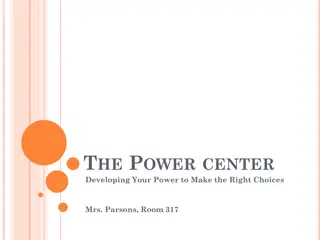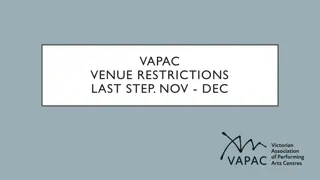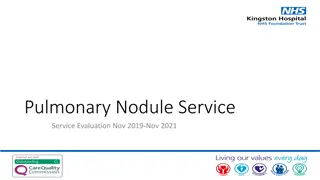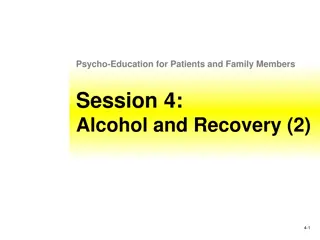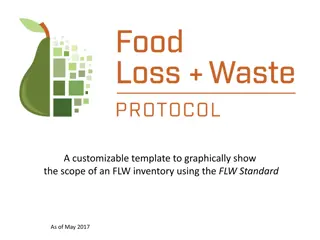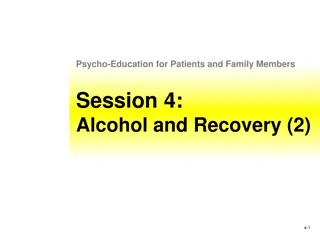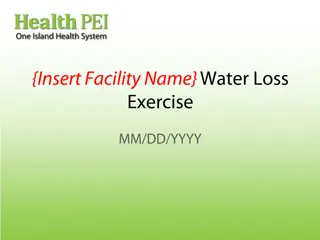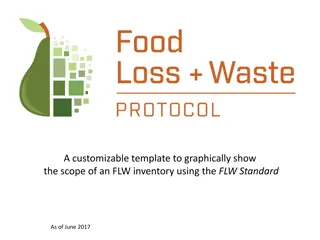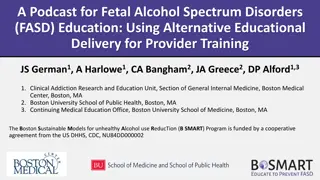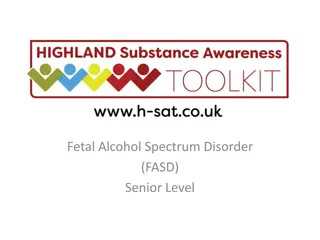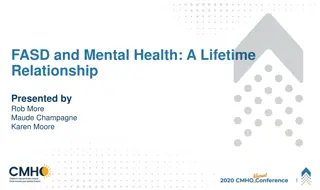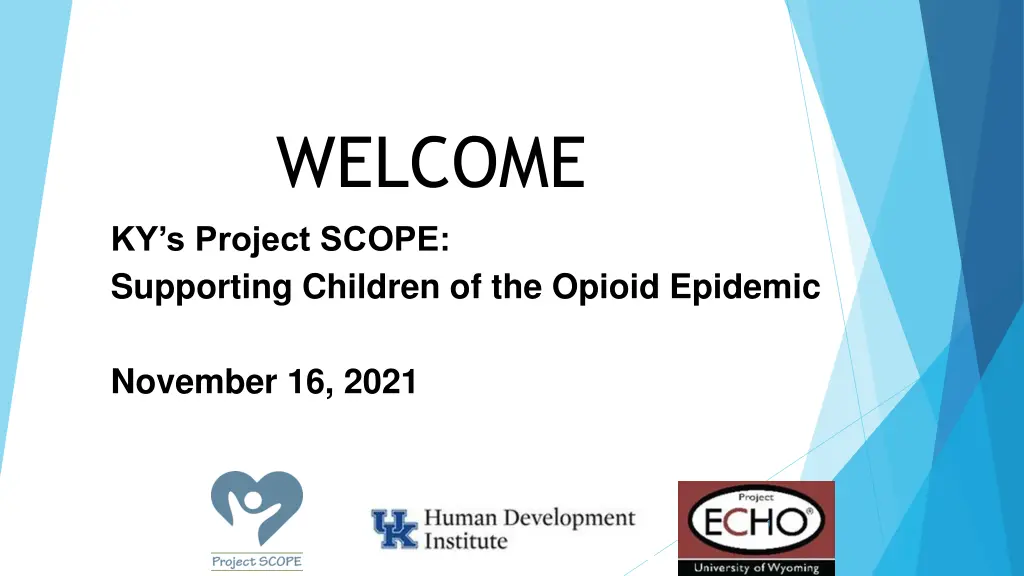
Supporting Children of the Opioid Epidemic: Session Details and Reminders
Explore the schedule, speakers, and facilitators for the initiative supporting children affected by the opioid epidemic. Learn about Fetal Alcohol Spectrum Disorder (FASD), engage in discussions, and acknowledge the strengths of families involved in the program. Follow procedural reminders for a respectful and informative session.
Download Presentation

Please find below an Image/Link to download the presentation.
The content on the website is provided AS IS for your information and personal use only. It may not be sold, licensed, or shared on other websites without obtaining consent from the author. If you encounter any issues during the download, it is possible that the publisher has removed the file from their server.
You are allowed to download the files provided on this website for personal or commercial use, subject to the condition that they are used lawfully. All files are the property of their respective owners.
The content on the website is provided AS IS for your information and personal use only. It may not be sold, licensed, or shared on other websites without obtaining consent from the author.
E N D
Presentation Transcript
WELCOME KY s Project SCOPE: Supporting Children of the Opioid Epidemic November 16, 2021 1
Thanks to our Speakers! November 16: Development of Children with Fetal Alcohol Spectrum Disorder (FASD), Dr. Susan Barron November 30: Next Steps for Supporting Children with NAS and FASD, Caroline Gooden and Christine Hausman 2
Thanks to our Experienced Facilitators! SOUTHERN BLUEGRASS: Sincere Holmes, Tammy Riley TWO RIVERS: Taylor Tucker, Sharon Norris NORTHERN BLUEGRASS: Karen Cottengim, Lynn Ray EASTERN: Lloyd Bonse, Tonya Jernigan JEFFERSON AND SALT RIVER: Melissa Hampton, Hans Petersen THE LAKES and CUMBERLAND: Glenna Gamble, Morgan Eversole, Tanya Torp, April Brown 3
Todays Schedule 3:30-3:40 pm Eastern time; procedures for call; child challenge summary 3:40-4:15 Susan introduces Fetal Alcohol Spectrum Disorder (FASD) 4:15-4:25 Susan introduces child challenge and answers clarifying questions 4:25-4:45 Small group discussion of child and family challenge 4:45-5pm Large group discussion, wrap up 4
Session Procedural Reminders 1 First and last name, agency in zoom profile; cameras on Enter name, email in chat each time for attendance Take care of needs during session; topics are sensitive Protect confidentiality of all persons discussed Engage actively for most learning 5
Session Procedural Reminders 2 Use person-first language (child born substance exposed; family with child with neonatal abstinence syndrome) Session recorded and close captioned (turn on in zoom) Ask questions anytime in chat Judgment free zone;respect all viewpoints 6
Child and Family Strengths for Anna Mother and grandmother present in Anna s life and working hard to support her Mother and grandmother committed to Anna s health and development Mother brave and strong to reunify with Anna at 2 years Anna enjoys playing with toys, invites other children to play, positive social development Anna shows attachment to family Anna had early intervention throughout first 2 years of her life in foster care: vision intervention, outpatient services therapies, and other medical care 7
Child and Family Needs Mother and grandmother need more information on Anna s medical history, therapies/services she needs, and how they will aid in her development Family needs additional information on how opioid exposure has and will impact Anna s development Mother unaware of child s cortical visual impairment diagnosis, meaning that she needs education/information on key adaptations to environment to support Anna Family may need extra support- childcare or respite care- as they often do not have time to attend appointments Family needs transportation to reach appointments/school Grandma has cancer and is main support system for mom and daughter whole family needs additional support 8
Strategies Increase family s health literacy with easy-to-understand materials and conversations about child s diagnoses, past medical history, present therapy needs Encourage family to look into childcare/offer childcare resources so child can receive support and interventions at school, and school can help with adaptations for home HeadStart at Home, Visually Impaired Preschool Program (VIPS) Offer support group resources to mother, for OUD and parenting children with NAS Telehealth appointments for therapy Home Visitor Program 9
Resources for Child and Family Medical Passport (Social Worker would have this) Case Management (for scheduling appointments) Head Start, Head Start at Home https://eclkc.ohs.acf.hhs.gov/programs/article/home-based-option Thrive Peer Support- Parenting tips and guidance https://thrivepeersupport.org/ Nurturing Parenting- https://www.nurturingparenting.com/ Community Mental Health Services- https://dbhdid.ky.gov/cmhc/ VIPS (Visually Impaired Preschool Program) have 3-4 year old program in some areas https://vips.org/contact/ Home Visitor Program https://mchb.hrsa.gov/maternal-child-health- initiatives/home-visiting-overview 10
Key Terms for Today Fetal Alcohol Syndrome (FAS) = diagnosed from 3 characteristics Fetal Alcohol Spectrum Disorders (FASD) = a broad range of effects that occur following prenatal exposure to alcohol Anomalies = differences in development from what is typical Sensory integration = understanding and coordinating information received from all the senses Pharmacotherapy = treatment with medication Neurocognitive habilitation program = helps children recognize their areas of need, develop strategies while building on existing skills 11
Resource Materials and Zoom (Brandon) Resource materials including CEU information available at https://www.hdilearning.org/project-scope-echo-series- fall-2021/ Please contact brandon.cannada@uky.edu for assistance with technology Rejoin zoom anytime bounced off at https://uky.zoom.us/j/88941045919 Please be patient as Brandon assigns you to small groups 12
Todays Session: Fetal Alcohol Spectrum Disorder (FASD) Dr. Susan Barron, UK Department of Psychology 13
Small Group Discussion Questions THE LAKES and CUMBERLAND: List strengths and needs of child JEFFERSON and SALT RIVER: List strengths and needs of the family NORTHERN BLUEGRASS: List strategies to address these challenges SOUTHERN BLUEGRASS and TWO RIVERS: List some resources for this child and family (websites, agencies, training opportunities) EASTERN: List some offices in your region or in KY that can assist this child and family REMEMBER, if you finish your assigned question, you may move on to another! 14
Large Group Discussion THE LAKES and CUMBERLAND: Strengths and needs of child JEFFERSON and SALT RIVER: Strengths and needs of the family NORTHERN BLUEGRASS: Strategies SOUTHERN BLUEGRASS and TWO RIVERS: Resources for this child and family EASTERN: Offices in your region or in KY that can assist this child and family 15
Evaluation Please complete pre-series surveys and evaluations after each session and after series Incentives: Random drawing after each session s evaluations are complete Book selections for those who attend all sessions and complete all evaluations This Photo by Unknown Author is licensed under CC BY-SA 16
Questions? Project Director: caroline.gooden@uky.edu Lead Facilitator and CEUs: christine.hausman@uky.edu Technology: brandon.cannada@uky.edu Evaluation: Mikaela.roark@uky.edu Research Assistant: Juliet.souders@uky.edu Final session: Tuesday, Nov 30, Caroline and Christine with SCOPE participants from this fall and last fall! 17



